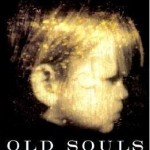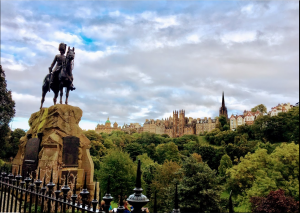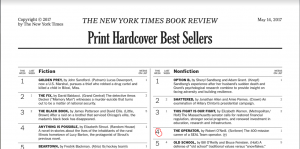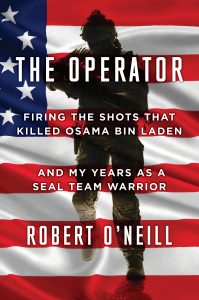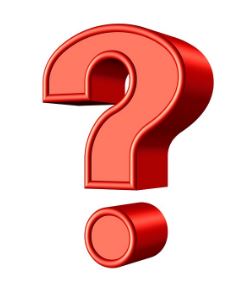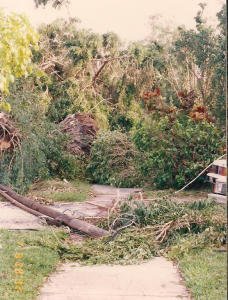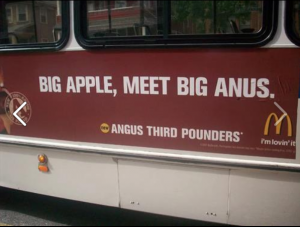 A university student asked if I would answer some questions about Acid Test for a paper he was writing. Below are the questions and my responses:
A university student asked if I would answer some questions about Acid Test for a paper he was writing. Below are the questions and my responses:
Q: How would you describe to someone who has never done psychedelics, why they should?
A:I would never tell someone they SHOULD do psychedelics. These are powerful drugs with not always predictable effects, and with widely varying impact from time to time and person to person. What I would say is that the psychedelic experience CAN be extremely enlightening and helpful by allowing a more profound experience of reality. In a safe environment, with a properly respectful mindset, psychedelics allow you to step out of the iron grip of your own ego — the rote, oversimplified categorizations that you use to deal with an overwhelming universe by keeping yourself at safe remove — and to for once see the world, and yourself, as they really are.
Q: What are misconceptions about these drugs that could change people’s opinions?
A: Considering their spectacular effects, psychedelics are remarkably safe in a physiological sense. They are non-addictive and serious adverse physical side effects are very rare. The psychological dangers of taking them — which can be substantial — can be minimized by taking them in a safe and comfortable environment with someone who has a reassuring, positive attitude and ample psychedelic experience.
Q: Why did you feel the need to begin taking these psychedelics?
A: I never felt a “need” to take them. I wanted to try psychedelics because accounts I read of the psychedelic experience persuaded me that it might be a valuable tool for learning about myself and the world.
Q: What is your most intriguing finding throughout your research about psychedelics?
A: I think I would say it is that the fact that the remarkable power of psychedelics to heal people who suffer from addiction, depression, PTSD, anxiety and other serious mental disorders seems not to be so much about what the drug does on a synaptic level in the brain (as is the case with most psychiatric drugs), but rather it is a direct consequence of the experience the drug facilitates. People are being healed not through chemical interactions, but rather through genuine insights that come from seeing the world in a different, more profound way than “normal” consciousness generally permits. Albert Hofmann, who discovered LSD, said something really deep on this subject: “LSD wanted to tell me something. It gave me an inner joy, an open mindedness, a gratefulness, open eyes and an internal sensitivity for the miracles of creation.”
Q: Why do you believe the government lied about psychedelics, particularly LSD?
A: This is a complicated and interesting question. Ultimately, I think that there is a significant part of Western culture that is overinvested in a simplistic and materialistic view of the world. Anything that challenges that severely limited worldview is seen as a threat, and the powerful sense of spiritual connectedness fostered by the psychedelic experience definitely challenges that worldview.
Q: Would you let your children do psychedelics?
A: I believe physical and mental maturity are prerequisites for the safe and beneficial use of psychedelics.
Q: At what age did you first do psychedelics?
A: I think I was 19.
Q: Has the stigma increased or decreased around these drugs?
A: I think the stigma is rapidly diminishing as the facts and reality of the beneficial uses of psychedelic drugs become clear in the many carefully controlled medical studies and clinical trials now underway.
Q: Do you believe that spiritual drug experiences will ever have a place in modern medicine?
A: Absolutely, and in just a few years. The use of MDMA for treating PTSD is already in the third and final phase of clinical trials and should be an available prescription therapy within five years. The use of psilocybin and LSD for conditions like smoking cessation and the treatment of depression, among other things, is not far behind in my estimation. As I mentioned, the healing these drugs provide is because of the spiritual experience they provide, not the direct chemical effects. As these drugs become available to psychiatrists, they will inevitably be used not just for life-threatening mental illness, but as well for people who are “normal” mentally but want to explore spiritually and improve their own healthy mental functioning.
Q: What is the craziest story you have about tripping?
A: I actually wrote an article about that. You can find it here: https://reset.me/…/tried-psychedelic-mushrooms-35-years-sa…/
